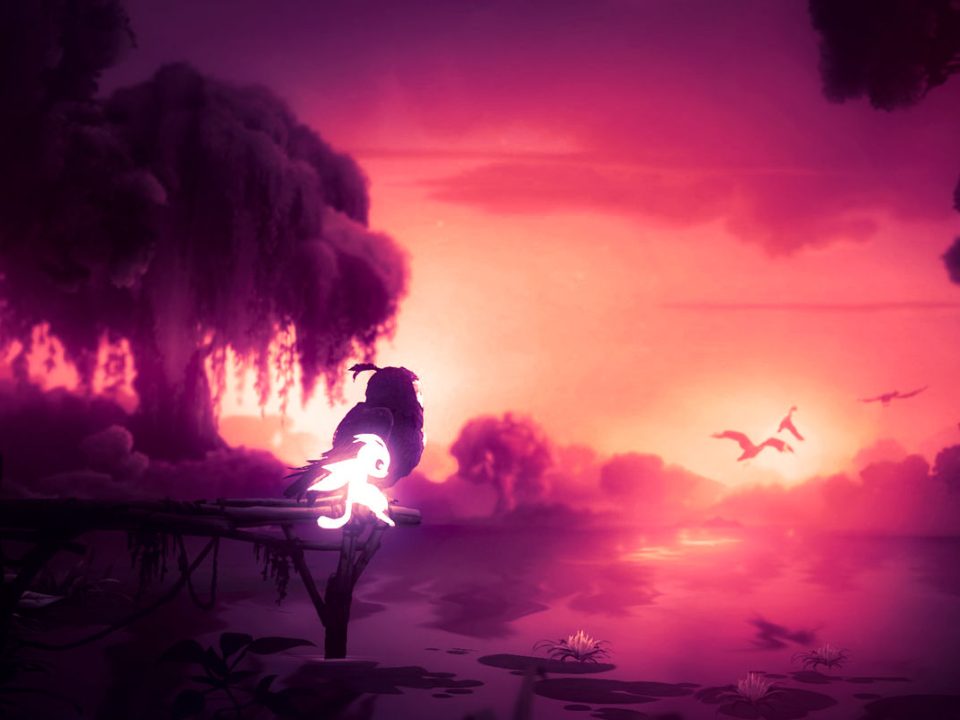
Life has always been quite strange
June 16, 2022
Our Light has Fallen
March 1, 2023Firstly, I’ll admit – I am going a bit personal with this one.
When you think ‘comfy gaming’, Dishonored isn’t necessarily what comes to mind. And I get that – it’s a dark, dystopian world without much happiness to go around. But, I have played these games over and over again, with my most recent replay being last week – and without hesitation I can still say it brings me an immense amount of comfort.
Cursed over and over again
Dishonored is set in Dunwall circa 1837. In the first game, you play as Corvo Attano – who has been caught up in a conspiracy that he killed the Empress Jessamine. Your job is to prove that you absolutely and obviously did not and get her daughter, Emily, on the throne.
But these are just the basics and the beginnings.
The entire series of games – from Dishonored through to the Death of the Outsider expansion pack – ropes you into a world full of mystery, trickery and a bewitching take on the idea of a moral compass.
The central mechanic of the game is that you and a select few other characters bear the mark of the Outsider. Some kind of god, the Outsider chooses his subjects and watches their story unfold from the heart of his home – the void. He speaks to you, and while he gives you some vague guidance as to what kind of choices you should make, you never quite know what his intentions are.
As you guide your way through the streets of Dunwall and Karnaca, you can see his influence throughout the empire. In letters, in dilapidated houses, and in the shrines dedicated to worshipping him.
He has been here before.
Good guys and bad guys
The Outsider is the first example of the nuanced way in which Dishonred presents its characters.
In my opinion, the games quite expertly break the idea of goodies and baddies apart. You are constantly faced with choices and realisations that people are not making their choices because of who they are, but rather because of their circumstances.
And who is really to say someone is a bad person for not having another opportunity available to them?
However, even these questions of morality are challenged when you play the Knife of Dunwall and Brigmore Witches DLCs – where you take charge of the assassin Daud, the one responsible for the death of the empress.
Even you, the player, have this experience. Because in a situation where you are a wanted fugitive, what other choice do you have but to do anything in your power to prove your innocence?
At the end of the day, the only true enemy we can see is the one who forces the power of owning the empire on themselves. (Sound familiar?)
Death to the moral compass
As intriguing as the narrative is though, the most fascinating part of these games is the way you are meant to play them.
Dishonored has a chaos system. In short, this means that the more people you kill, the worse the ending you get will be. While the powers you get allow you to climb rooftops and sneak around enemies as a stealthy shadow, non-lethal is the way to go if you want to get to the goods.
Through this idea, Dishonored takes the grief of loss and presents you, the player, with the perspective that you don’t have to be famous, powerful, violent, or even well-liked to make a difference. You quietly stalk the streets of the empire, finding secrets and making changes that matter. Making changes that impact the lives of the people around you in positive ways.
And for me, there lies the comfort. In the dark and scary world we live in today, sometimes we do feel powerless – but the story of Dishonored, however magical and unrealistic it may be in translation, tells us that we don’t need violence or loudness to make that difference.
Loudness, or being seen, is not possible for everyone. But building your own life, however you need to, is. And isn’t that a wonderful thought?



